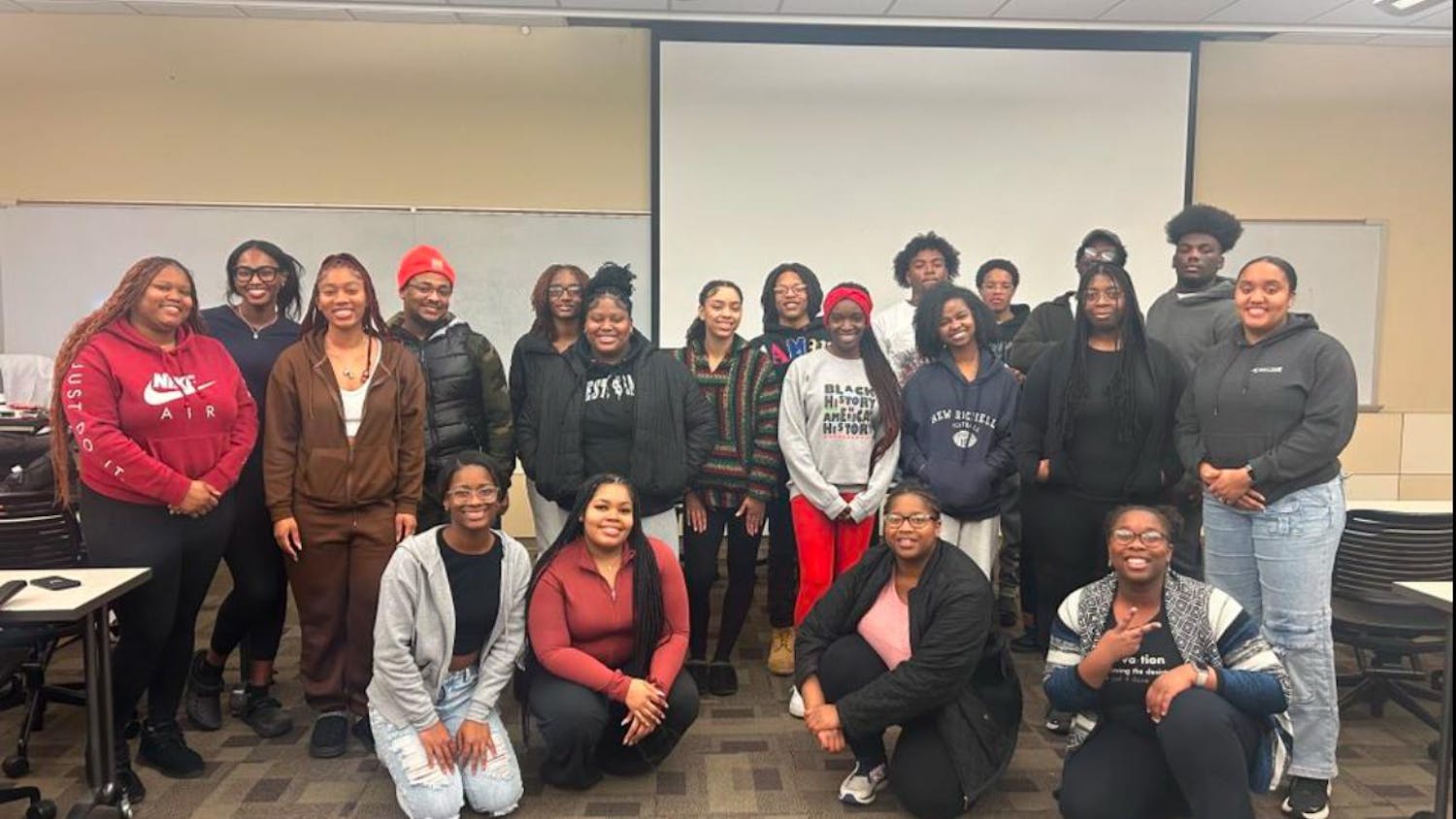The senate recently voted to pass a bill that would require women to register for the draft as men are required to do now.
Taking effect in 2018, this law will require women to register for the draft at the age of 18, according to the New York Times. Failure to do so could result in the inability to access various forms of Federal aid.
Women were not legally forced to register for the draft because women did not serve on the frontlines. However, these circumstances have changed with the decision to lift all gender-based restrictions in the military earlier this year, which will open all combat positions to women as well as men.
It is the opinion of Nicole Carter, director of the Women’s Center, that this decision does not indicate a total change in the attitudes of gender within the military. Carter stated that her opinions do not reflect the views of the Wright State Women’s Center.
“I have family members, friends and students who are either veterans or are active members of the military who have shared that policy change does not equate to cultural change within the various spaces in the military,” Carter said. “This is where the change needs to happen.”
Carter believes lawmakers could be adopting a more egalitarian viewpoint on gender within the military, but also believes that there could be other motives.
“I personally feel that this policy can imply that the attitudes toward equality are changing,” Carter said, “but this could also mean that there is an interest in increasing the number of personnel who work various positions in the military and who eventually might be deployed to serve at times of war. It depends on who you ask.”
With the potential for more women to serve in positions that were formerly occupied only by men, Carter believes that the military need to make changes culturally to make it a safe and inclusive atmosphere.
“Increasing the number of women (and this includes trans women), will necessitate an examination of the gendered violence that happens within it and call for stronger policies that are supportive of survivors and victims of that violence,” Carter said. “It means rethinking the notion many hold that women should not and cannot hold combat positions. It means examining issues concerning reproductive rights and more.”
When asked how this could affect students at Wright State, Carter said that it may change the way in which the Women’s Center and the Veteran and Military Center interacts.
“Given that the majority of our undergraduate student population are women, [this means] a larger amount of those registering, and if needed, entering the military will be women who are also enrolled at Wright State,” Carter said. “I hope that this also means that those who are drafted and are on active duty and those who at some point become veterans utilize the services provided for them through the Veteran and Military Center. The Women’s Center and the Veteran and Military Center are finding stronger ways to partner already, but this will mean doing so in a more strategic and formal way.”












